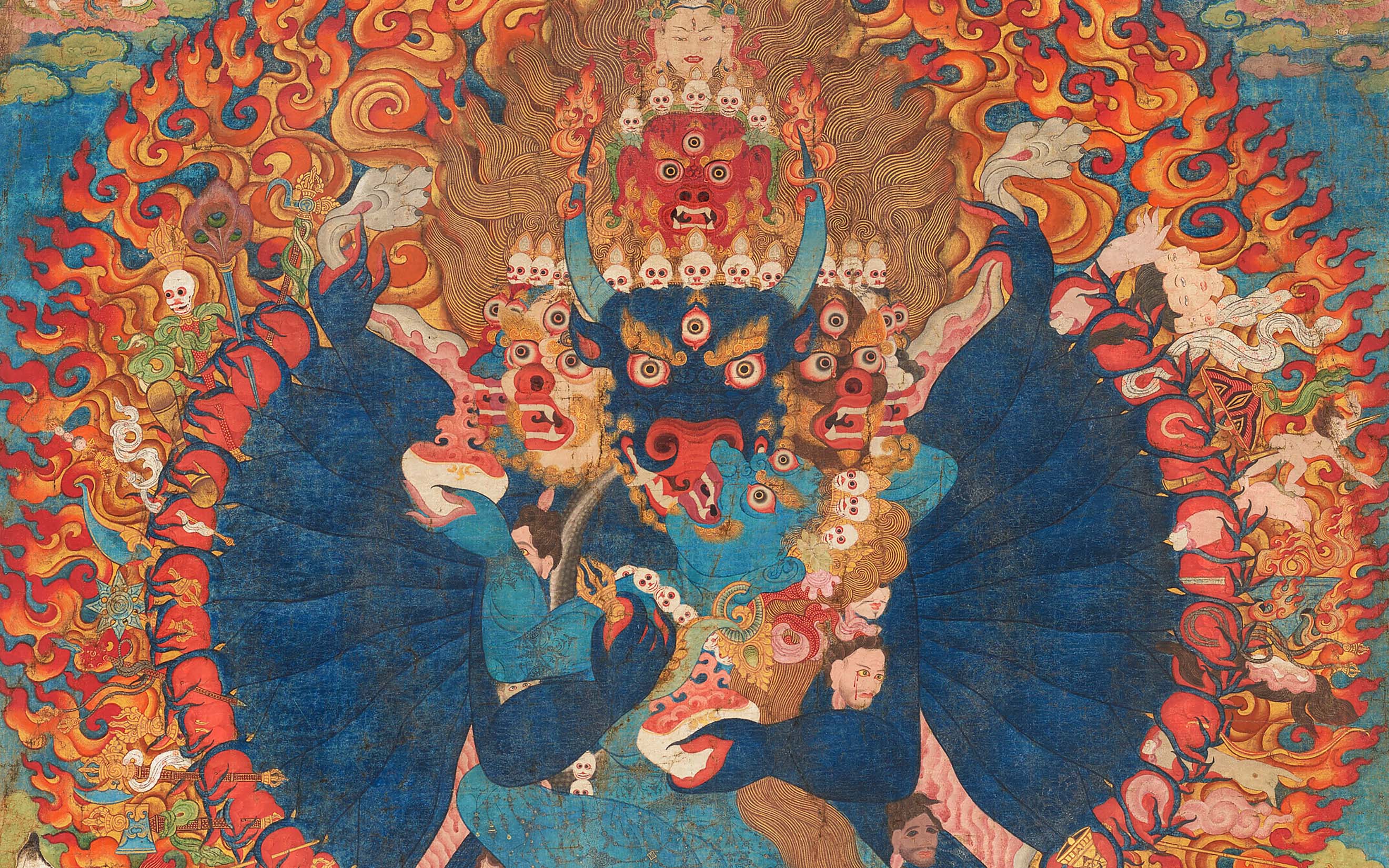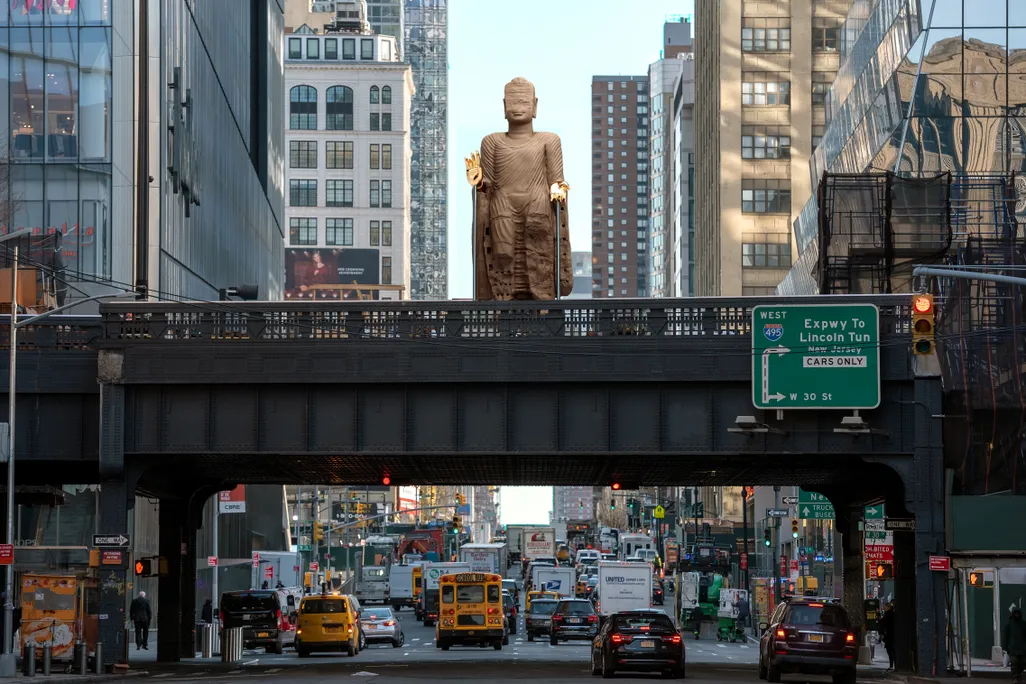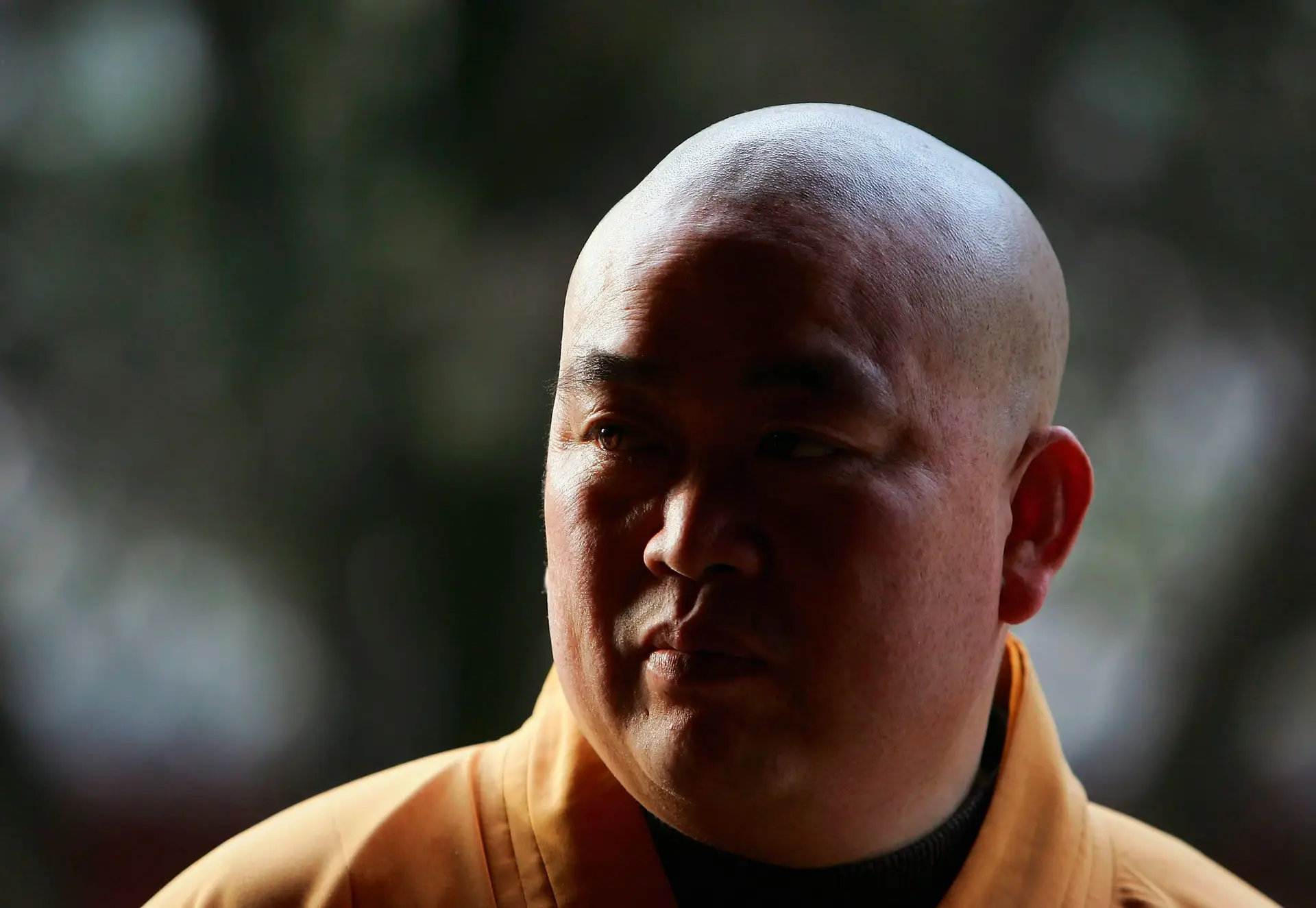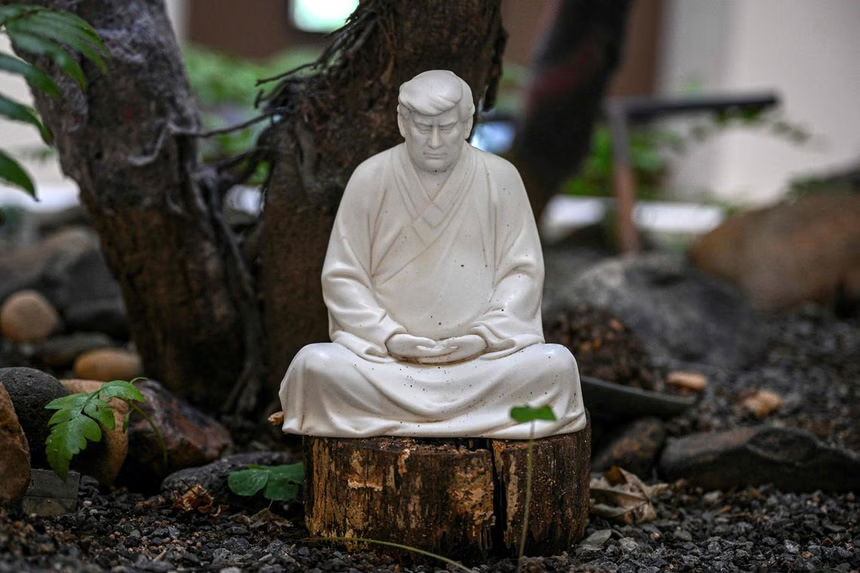UPDATE 3/23/18: Since our original post, we’ve learned that the now-resigned President of the Buddhist Association of China, Xuecheng, is the same monk at the center of Longquan Temple’s sexual assault allegations. It’s clear that his resignation is due to more than the commercialization of Buddhism, as was previously indicated.
There’s a crackdown a-brewin’ in China, and the target this time is unexpected: Buddhism.
Last week, the third meeting of the Ninth Council of the Buddhist Association of China was held in Beijing. The group is the official supervisory organ of Buddhism in China, ensuring its practice is in line with State regulations. But it seems the fallout from this meeting was rather significant: Xuecheng, president, standing director, and director of the organization, was made to resign from his position at the request of the association’s chairs.
The resignation ostensibly comes as a result of the over-commercialization of Buddhism in recent years, and really, we can’t argue with that. The Buddhism industry has swollen to a far greater size over the past decade, with tourism, handicrafts, and more all falling into the machine of Buddhist capital.
The current abbot of the Shaolin Temple, for instance, has been dubbed the “CEO monk”, receiving consistent bad press internationally for (reportedly) fathering children out of wedlock, and for his attempt to launch a 270 million USD kung fu theme park/hotel/golf course in Australia. Elsewhere, the famed meeting point of tech and religion in China, Longquan Temple (which we’ve covered before, below) has since come under fire amidst developments in China’s budding #MeToo movement.
The recent press for Buddhism in China has not been good.
 Robot Monks and AI Enlightenment: Inside China’s Tech TempleArticle Jun 11, 2018
Robot Monks and AI Enlightenment: Inside China’s Tech TempleArticle Jun 11, 2018
Other parts of the meeting point to a wider agenda, namely, the regulation of Buddhism as a whole under the supervision of China’s central government. There was an entire meeting item about the use of China’s national flag in Buddhist activities (the national flag being an issue other religious groups are currently grappling with in the country). Here’s a particularly thick cut of text from the National Religious Affairs Administration’s public WeChat account:
“The conference called for the national Buddhist community to actively respond to the ‘Initiative on Raising the National Flag in Religious Activities’, as well as to deeply understand the importance of raising the national flag in Buddhist activities, respect the national flag, enhance the awareness of the national flag, and safeguard the dignity of the national flag.
“In Buddhist circles, we have carried out extensive and standardized activities to promote the national flag, carry forward the patriotic tradition, cultivate patriotic sentiments, strengthen patriotism, promote patriotism, and demonstrate the spiritual outlook of the Buddhist community in the new era alongside the great motherland.”
So yeah, big shakeups happening in Buddhism over here. We’ll have to wait and see how that turns out. Was kind of keen about the Australian kung fu golf resort, but can’t have it all.
Related:
 China’s #MeToo Movement Reaches Major Buddhist TempleArticle Aug 02, 2018
China’s #MeToo Movement Reaches Major Buddhist TempleArticle Aug 02, 2018
 Robot Monks and AI Enlightenment: Inside China’s Tech TempleArticle Jun 11, 2018
Robot Monks and AI Enlightenment: Inside China’s Tech TempleArticle Jun 11, 2018
 Chen Tai Chi Village: The Birthplace of Tai Chi is a Ghost Town Banking on a Cultural TreasureArticle Aug 03, 2018
Chen Tai Chi Village: The Birthplace of Tai Chi is a Ghost Town Banking on a Cultural TreasureArticle Aug 03, 2018

















